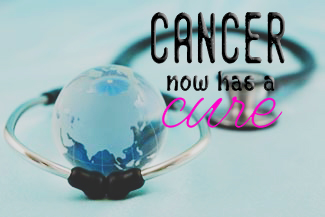A cure for a deadly disease
More stories from Hayden Sagaas

ghkjkjhkjhk
Cancer is now among the top 10 leading causes of death in the United States. There are an estimated 1,685,210 new cancer cases to be diagnosed in 2016, and around 595,690 total deaths in the United States alone, according to the American Cancer Society.
Scientists have been working on a cure for cancer since it was discovered to be deadly to anyone, around in the early 1800s. There has been a lot of progress made on learning how the disease spreads throughout the body and how it forms; however, there is no single cure for cancer.
There are over 100 different cancers and each has about 10,000 mutations, according to the National Cancer Institute. Cancer associations all around the world are constantly working on medicines that will treat all types of cancer, but it is much easier said than done.
“In a biopsy you can take a piece of tumor from one part of the body and it could have completely different proteins than a tumor in a different part of the body,” Dr. Adam Marcus, a cancer specialist at Emory Institute, said.
Scientists are trying to understand how cancer seems to be immune to most medicines, and are working on treatments that are less harmful to the rest of the body. Chemotherapy not only destroys most cancer cells, it also destroys other kinds of cells, including: hair cells, skin cells, and cells of vital body organs such as the lung and heart, according to the American Cancer Society.
There have been major developments in the world of cancer. We are now able to take certain cells from jellyfish that allow them to glow in the dark, and place them in the cancer cells. By doing so, every time the cancer cell divides it will contain the information that makes it glow. This way doctors can see exactly which cells are harmful and which are not.
Cancer may be fast growing but so is knowledge of this sometimes fatal disease. Finding a cure for cancer would revolutionize the world of science, and the lives of billions around the world. In some small or life-changing way everyone has been touched by cancer.

Amie O'Brien • Mar 12, 2016 at 1:48 pm
very well written